
Mr. Thomas Ampem Nyarko, Deputy Finance Minister, has expressed optimism about the country’s economic future, highlighting the government’s focus on creating decent jobs for Ghanaians through private sector participation.
He said the 2026 budget would prioritise funding to various job creation initiatives such as National Apprenticeship, One Million Coders and Edwumawura programme, and provide an enabling environment for the private sector to thrive and spearhead job creation efforts.
He said this at the launch of the World Bank ninth Ghana Economic update held in Accra, on the theme: “Addressing labour market challenges and opportunities in Ghana’s economic landscape.”
The report said Ghana’s strong economic growth had not translated into decent job creation due to shift from agriculture to high-earning industry and services sectors, rural-urban drift and workers seeking more education.
The decline in participation between 2012 and 2022 saw real wages stagnated, with a marginal decline by three per cent, as those who moved between jobs remained stuck in low-productivity, low-paying, and insecure jobs – with low participation rates largely among the youth.
As a result of the jobs shortage, masked by significant outmigration of youth, about one million youth are estimated to live abroad, the World Bank report observed.
While acknowledging the challenges, Mr. Ampem Nyarko was confident about the three key initiatives helping to reduce unemployment, particularly with a strong private sector participation.
“The government plans to invest about GHS564 billion in these three interventions in 2025. In addition, government is also investing about GHS410 million through the National Entrepreneurship and Innovation Programme to unlock the creative energies of the Ghanaian youth,” he said.
The programmes would provide hands-on training and skills development for young Ghanaians, equip them with coding skills to meet the demands of the digital economy, and support entrepreneurs.
“Since January 2025, the government has focused on restoring macroeconomic stability, as well as trying to keep job creation sectors, including the financial and energy sectors,” the Finance Minister said.
He added that the Big Push for infrastructure, Agriculture for Economic Transformation 24-hour economy initiatives would also help accelerate the indirect job creation to address the national skills and job challenge.
Mr. Ampem Nyarko said the government would include recommendations from the World Bank report as well as solutions provided by economic watchers and other stakeholders into the 2026 budget to aid address Ghana’s unemployment challenge.
Mr. Robert Taliercio, the World Bank’s Division Director for Ghana, Liberia and Sierra Leone, expressed the Bank’s support for the government’s efforts, emphasising the need for a sound macroeconomic environment to drive job creation.
“The World Bank stands ready to support the government in implementing programmes in the 2026 budget that will increase job creation in the country,” he said.
He urged the government to strengthen accountability in key sectors, such as energy and agriculture, to ensure sustainable economic growth.
He also encouraged the government to improve inter-ministerial coordination, design and implement a holistic economic approach targeted at improving key sectors, particularly, the agro-processing value chain and facilitate school-to-work transitions.
GNA
The post 2026 budget will focus on jobs –Deputy Finance Minister appeared first on The Ghanaian Chronicle.
Read Full Story
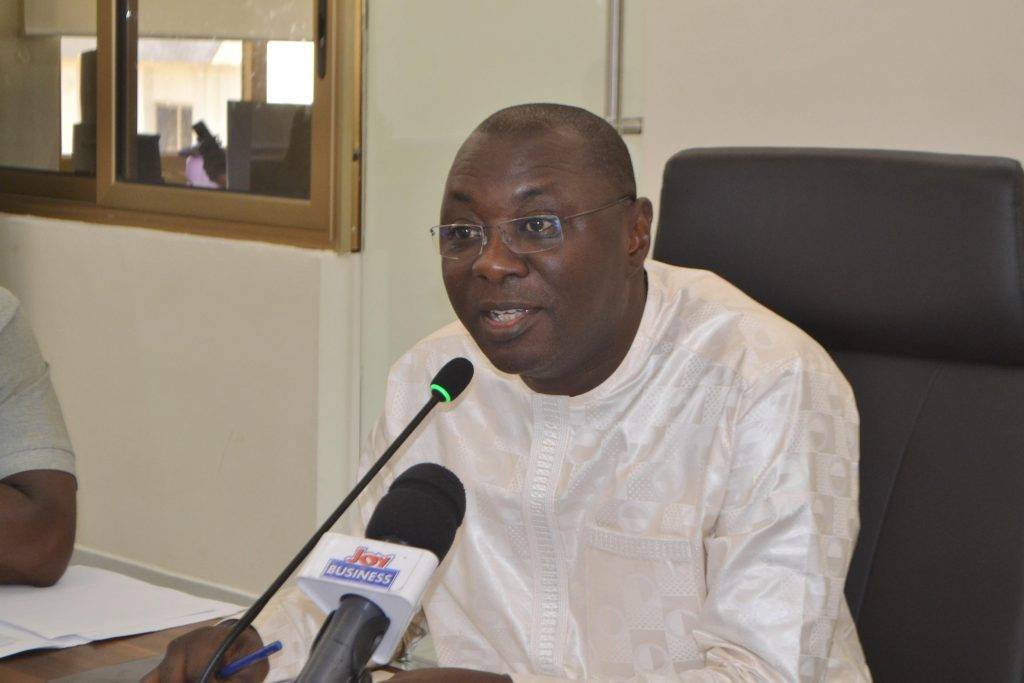
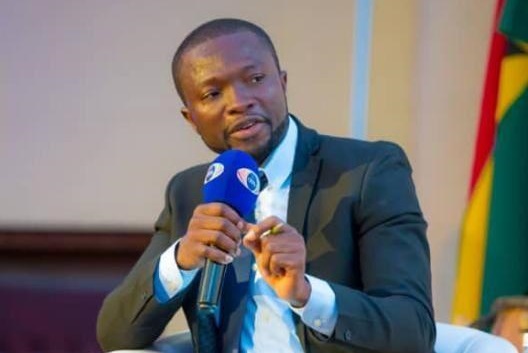
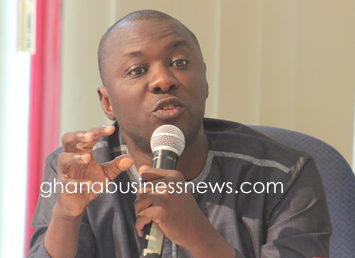
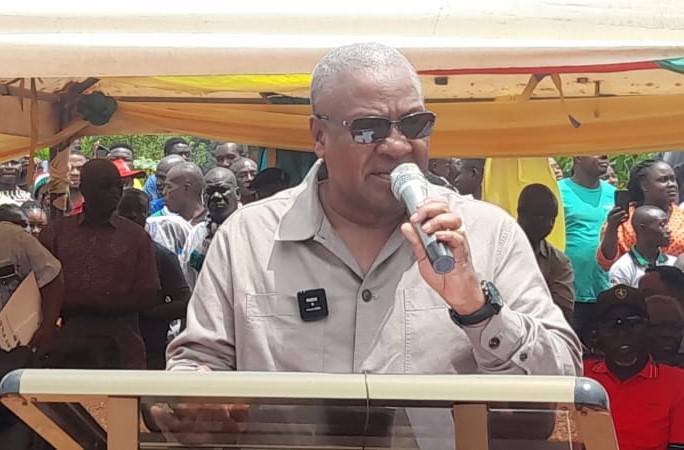













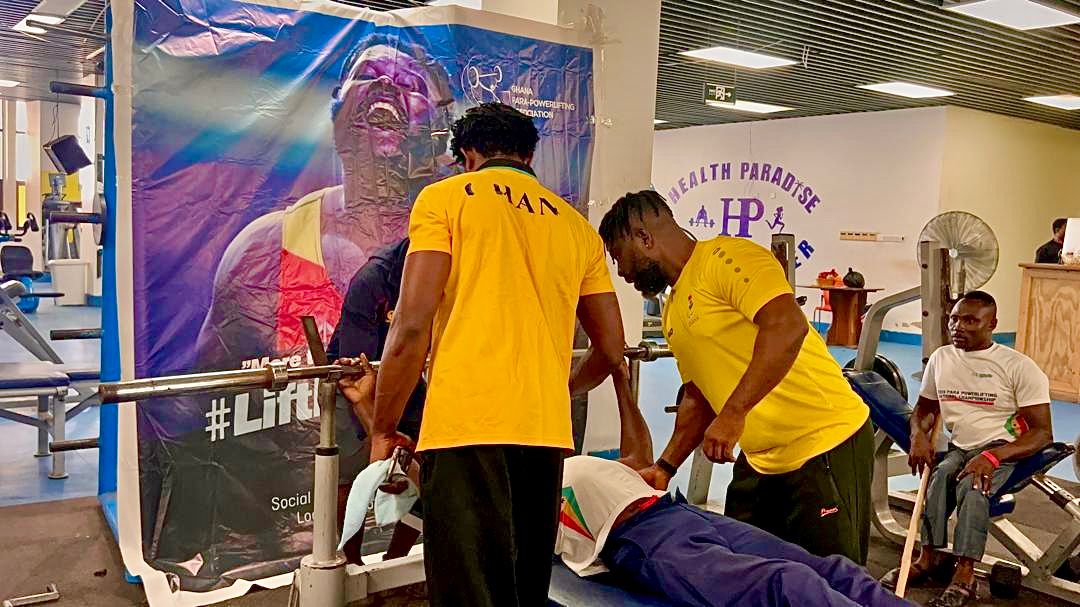
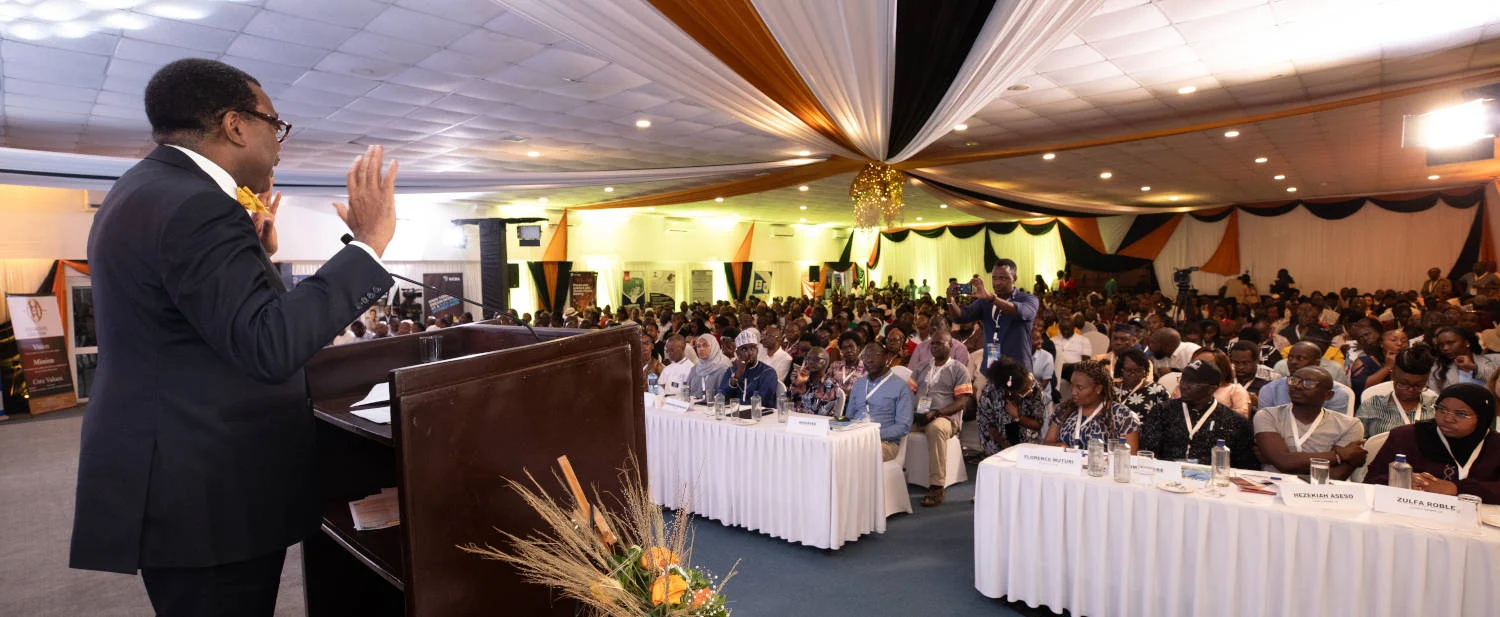
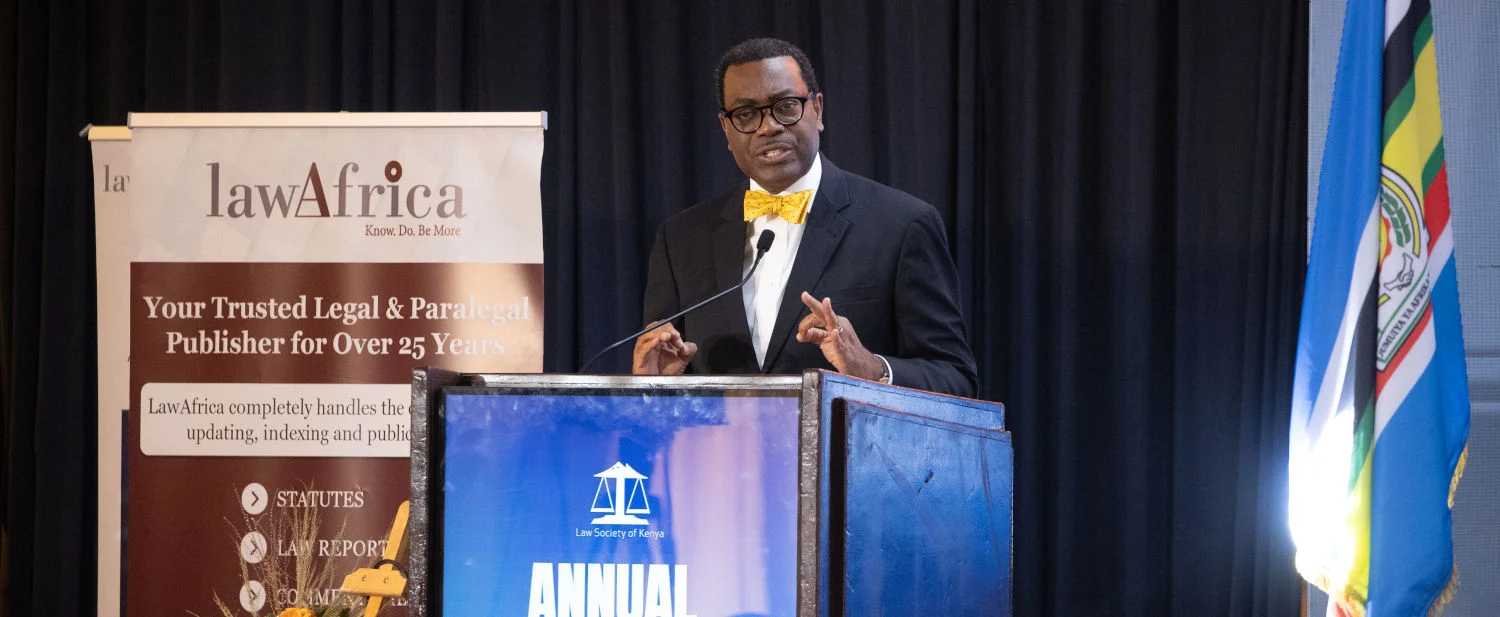

Facebook
Twitter
Pinterest
Instagram
Google+
YouTube
LinkedIn
RSS